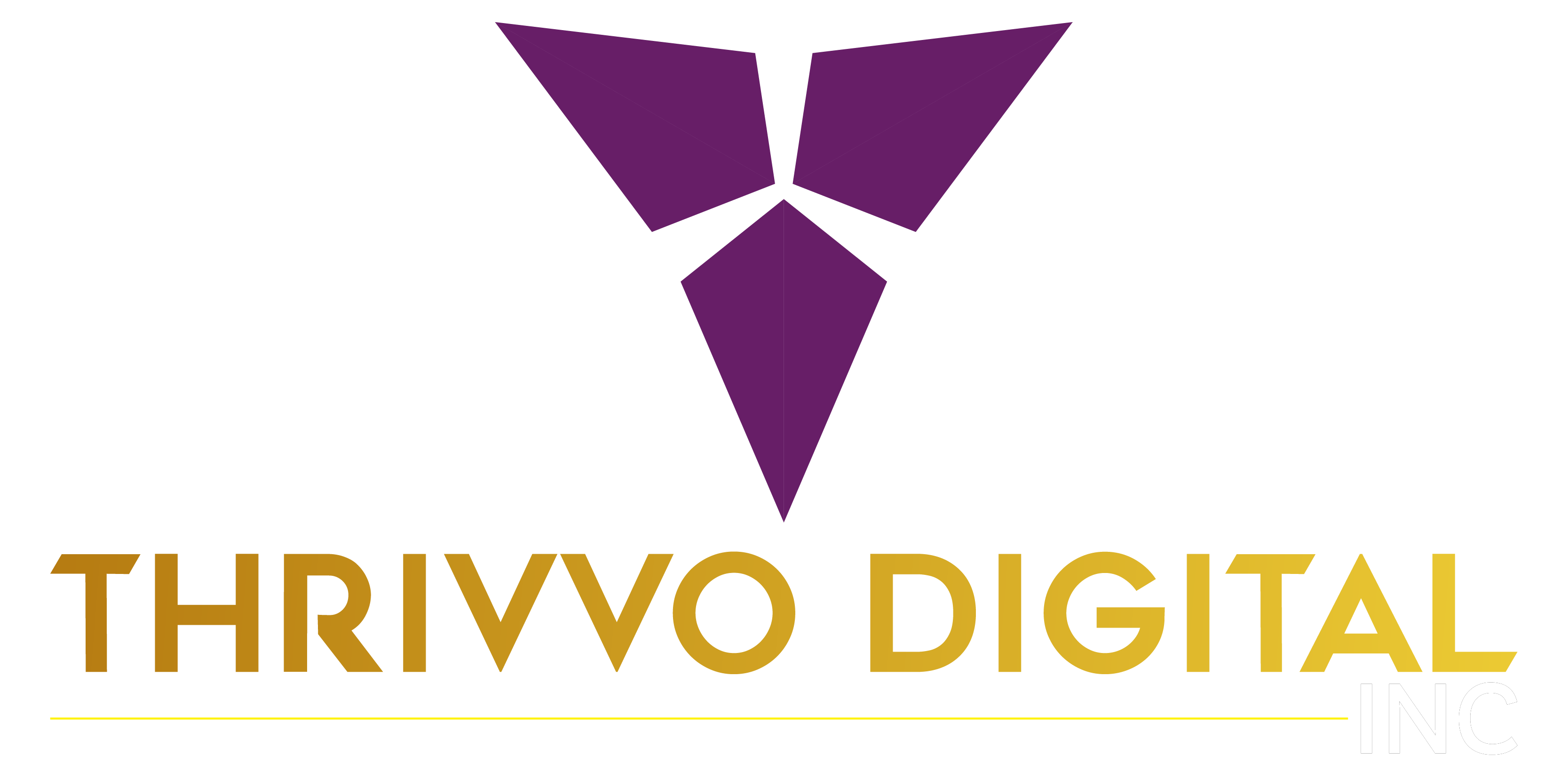
14 Sep Seo Basics for Optimizing Your Website
In this article, we’ll go over the basics of search engine optimization, which is a discipline that everyone in your organization should be aware of, if not have an excellent technical knowledge of on a technical level.
What is SEO?
Simply put, search engine optimization (SEO) is an umbrella word that refers to any of the techniques you may use to increase the visibility of your website and its content on search engine results pages (SERPs).
Various techniques are available, ranging from technical procedures you may implement behind the scenes on your website (which we refer to as ‘on-page SEO’) to all of the promotional ‘off-page tactics you can use to increase the exposure of your website (link-building, social media marketing).
When we speak about visibility in this post, we refer to how high up on the search engine results page (SERP) your website appears for specific search keywords in the ‘organic’ results. Thus, organic results show organically on the page rather than in the paid-for parts of the search engine results page.
Paid search is a significant portion of search engine marketing. More information on this may be found in our recently published beginner’s guide to paid search and PPC.
SEO Basics for Optimizing Your Website
Relevancy
Search engines strive to give the most relevant answers to a searcher’s query, whether it’s a simple response to the question “how old is Ryan Gosling?” For more difficult questions, such as “what is the finest steak restaurant near me?”
Google will almost certainly provide an answer without leaving the SERP.
It is up to search engines’ internal algorithms to decide how they offer these results, which we will likely never be able to understand fully. However, certain variables that you can be confident will affect these results, and they are all based on relevance. For example, the location of a searcher, their search history, the time of day and year, etc.
The Quality of Your Content
Do you frequently publish popular and well-produced articles, films, or other kinds of media that are helpful and useful? Do you write for actual people rather than for the search engine? You should. According to new data from Searchmetrics on ranking criteria, Google is shifting away from utilizing keywords based on popular search queries to generate content and toward longer-form material that understands a visitor’s purpose as a whole.
User Experience
There are many SEO advantages to delivering the most significant user experience possible. First, you’ll need a site that’s easy to navigate and search, with beneficial internal connections and related information.
Site speed
For search engines, the speed with which your websites load is rapidly becoming a differentiator. Google may start labeling results hosted on Accelerated Mobile Page (AMP) shortly, making 2016 the ‘mobilegeddon.’
Cross-Device Compatibility
Are your website and its content compatible with any screen size or device? Keep in mind that Google has said that responsive design is the best way to optimize for mobile.
Internal linking
We’ve discussed the advantages of having straightforward and easy-to-use navigation on your site, but there’s another technique that editors and authors can utilize when posting articles to assist drive traffic across the site and perhaps increase Google trust signals: internal linking.
Authority
A website trusted by its users, the industry in which it works, other websites, and search engines is known as an authority website. A link from an authoritative website is traditionally considered vital since it is seen as a trust vote. Therefore, the more of them you have and the better quality material you create, the more probable it is that your website will become an authority as well.
However, according to the Searchmetrics above study, year-over-year correlations between backlinks and ranks are diminishing, suggesting that ‘links’ may not be as essential to SEO as we previously believed.
In the comments section of this recent article on links as a marketing KPI, there’s a lively debate going, with various points of view.
Schema Markup
By using Schema markup in the HTML of your sites, you may improve the appearance of your search results. This may transform your search results into a rich media playground, complete with star ratings, user reviews, pictures, and other helpful information.
Most search engines, including Google, favor Schema as a markup language, and it’s elementary to utilize. Check out our Schema reference guide for additional details.
Domain Names
Instead of subdomains (searchenginewatch.category.seo.com), you should utilize sub-directory root domains (searchenginewatch.com/category/seo). Again, this is preferable for your overall site design.
Having a ‘keyword rich’ domain name may cause Google to scrutinize you more closely. You should also ensure that if you run a site without the www. prefix, visitors who enter www.example.com are routed to your site. If this doesn’t happen, Google may think they are two separate sites, and your visibility may suffer as a result.
Headlines and Permalinks
To guarantee total exposure in SERPs, your content titles should be under 55 characters. Make them as concise, appealing, and detailed as possible (this is often an impossible balance). Avoid clickbait titles and don’t make promises that the content can’t keep.
The permalink (or URL), which you can usually change in your CMS once it’s been established automatically, doesn’t have to match the headline precisely. According to Google, you may use three to four keywords, with the essential keywords appearing first.
Comments
Don’t disable your commenting system. Having a vibrant community of frequent commenters engaged in conversation beneath your articles demonstrates that readers are interested enough in your material to add pertinent comments, applaud it, or brutally shred it. In any case, it seems that people are reading it.
Be more vigilant about screening out spam comments or deleting those that do get through. It’s also recommended to add the nofollow attribute to your comments area to ignore any erroneous links by Google.
Local SEO
Google is increasingly giving people results depending on their location. This is especially essential for companies in the real world that need to grab a searcher’s attention at the appropriate time, such as when strolling down the street, on their phone, searching for a place to dine.
You should register with Google My Business and ensure that all of your information, including opening hours, contact information, customer reviews, and categorization, is accurate and up to date.



Sorry, the comment form is closed at this time.